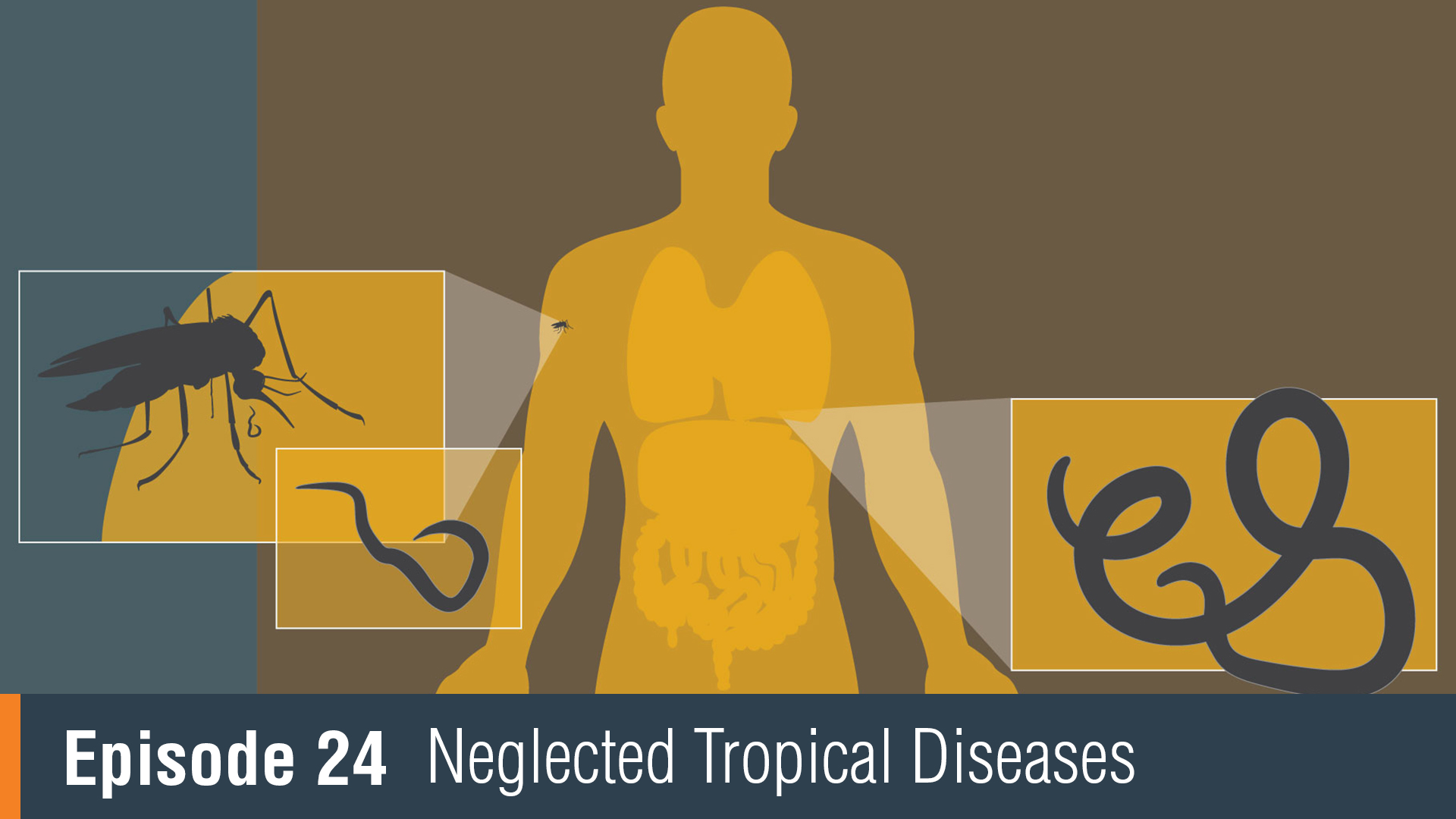Behind the Paper: New diagnostic tests for surveillance of the neglected tropical disease Mansonelliasis

Script
New England Biolabs has been committed to neglected tropical disease research for more than 30 years. Our research group focuses on parasitic worms transmitted by insects which cause disease in humans such as elephantiasis and river blindness. The most neglected of these diseases is caused by Mansonella worms. There are two major Mansonella species that cause disease in humans: Mansonella perstans and Mansonella ozzardi.
Mansonella perstans is found in both Africa and Latin America. It was spread to Latin America by the slave trade, whereas Mansonella ozzardi is unique to Latin America. People can often be infected with one or both of these parasites, as well as other related worms which presents a real challenge for diagnosis. We sequence the genomes of Mansonella perstans and Mansonella ozzardi, and use bioinformatics to find sequences unique to each Mansonella species that could be used as DNA biomarkers.
We then developed simple field tests for each species that are easy to perform. These tests are based on a technology known as loop-mediated isothermal amplification or LAMP, which only requires a basic heat source. The readout from these assays is based on the color of LAMP reactions changing from pink to yellow. Our research has demonstrated that these tests are sensitive and specific, and are suitable for use with both human and insect samples. These tests are a significant improvement over the diagnostic methods currently available and will hopefully help facilitate treatment and control of a severely neglected tropical disease. If you would like to check out all of the details of our publication, please click the link on the screen.

